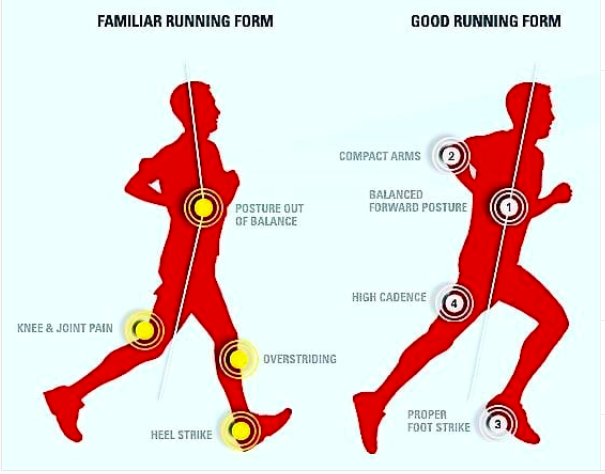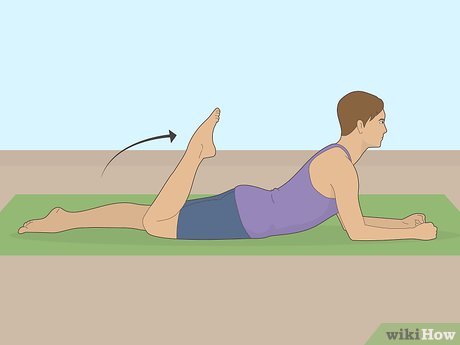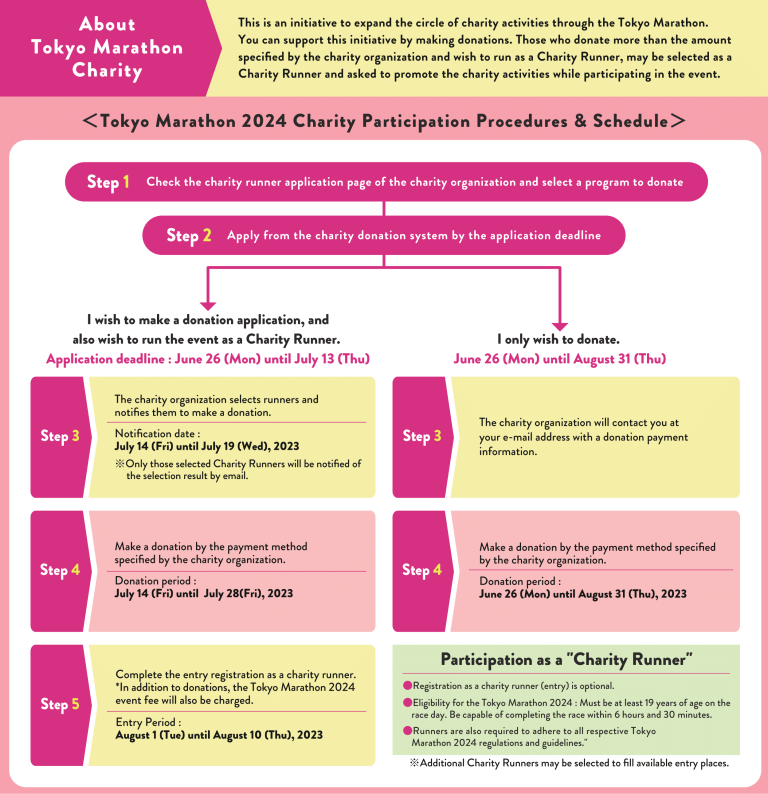Is Marathon a Sport Tourism Event?
Yes, the marathon is indeed a Sport Tourism Event. Marathons are a prime example of Sport Tourism Events.
Marathon events have emerged as prominent fixtures in the realm of sport tourism, drawing participants and spectators from around the world to explore new destinations, engage in physical activity, and immerse themselves in local cultures. These events combine the thrill of athletic competition with the allure of travel discovering the sights, sounds, and flavors of diverse locales.
What is sports tourism?
Sports tourism is a specific segment of tourism where travel is motivated by participation in or spectating a sporting event. It encompasses various activities, from attending major sporting events like the Olympics to participating in recreational pursuits such as golfing or skiing. Marathons fall squarely within this category, offering participants the chance to challenge themselves physically while exploring new cities or regions. Whether it’s running through the bustling streets of a metropolis or traversing scenic countryside trails, marathon courses showcase the best that a destination has to offer, providing runners with a memorable journey filled with stunning vistas and cultural landmarks.
Why are Marathons Ideal for Sport Tourism?
Marathons perfectly align with the core principles of sport tourism for several reasons:
Accessibility: Marathons are open to a broad range of participants, from seasoned professionals to enthusiastic amateurs. This inclusivity attracts runners of all skill levels from around the globe.
Unique Locations: Many marathons take place in iconic cities or scenic landscapes, offering runners the chance to combine a personal challenge with sightseeing and exploration.
Festival Atmosphere: Marathons are often accompanied by vibrant festivals, creating a celebratory atmosphere for runners, supporters, and local communities.
Ancillary Activities: Marathon events are often accompanied by a host of ancillary activities and attractions, including health and wellness expos, cultural festivals, and culinary experiences. These offerings not only enhance the overall event experience but also encourage participants and spectators to extend their stay and explore the destination further. For example, runners may choose to arrive a few days early to acclimate to the local climate and explore nearby attractions, while friends and family members can enjoy sightseeing tours or leisure activities while cheering on their loved ones during the race.
Local Business: Marathons have the power to drive economic growth and stimulate local businesses, as participants and spectators patronize hotels, restaurants, shops, and other establishments in the host city. The influx of visitors can provide a significant boost to the hospitality and tourism sectors, generating revenue and creating job opportunities for residents. Additionally, marathon events often garner media attention and promotional coverage, showcasing the host destination to a global audience and attracting future visitors.
The Future of Marathon Tourism:
As technology evolves and travel becomes more accessible, marathon tourism is expected to continue its upward trajectory. With a focus on inclusivity, sustainability, and innovative race experiences, marathons can be powerful engines for economic development, community engagement, and global cultural exchange.
Last Lines
In essence, marathons serve as dynamic catalysts for sport tourism, offering a unique blend of athletic competition, cultural immersion, and economic impact. By harnessing the universal appeal of running and the spirit of exploration, these events bring people together from all walks of life to celebrate the joy of sport and the beauty of travel.
So, the next time you lace up your running shoes or cheer on a marathon participant, remember – you’re not just witnessing a race. You’re experiencing a unique blend of sport and tourism, with the potential to transform cities and communities around the world.




